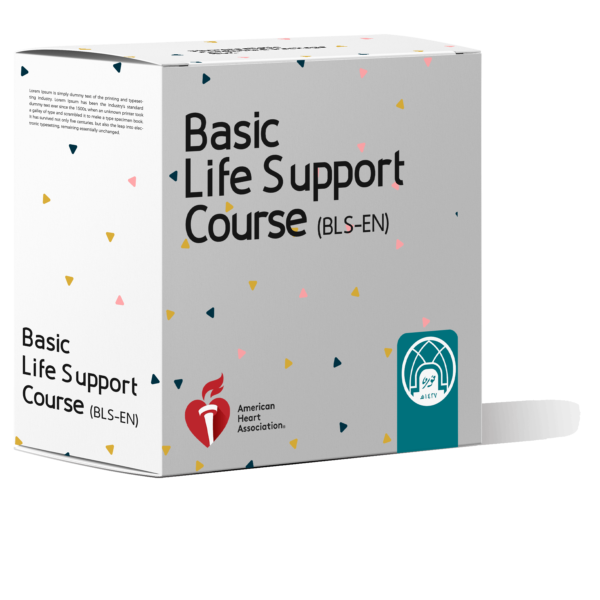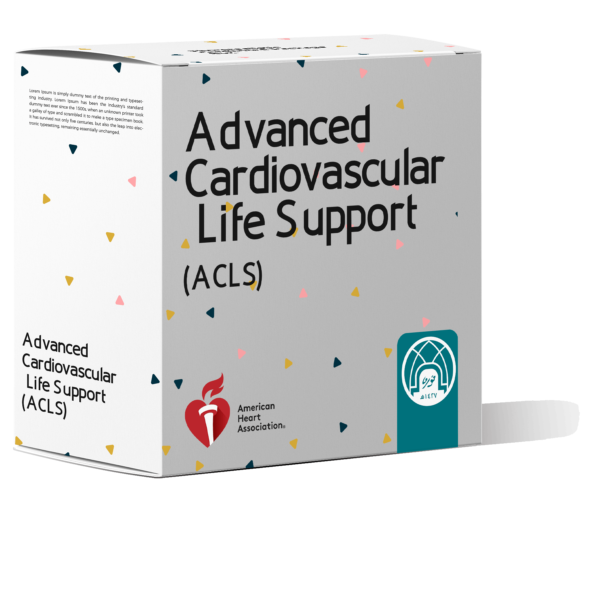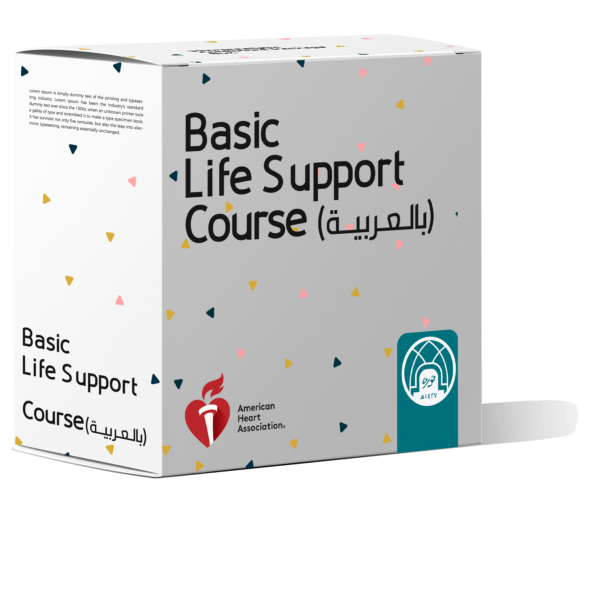Gain an introduction to ECG assessment and ECG interpretation
This course will equip you with an introductory understanding of ECG assessment and interpretation, which will support the further hands-on training that is needed to competently perform the ECG test in clinical practice.
Discover the importance of ECG tests
The electrocardiograph (also known as electrocardiogram) or ECG/EKG is a non-invasive diagnostic procedure, commonly used to assess people with known or suspected heart disease, in a variety of healthcare settings.
Competent recording, reading and interpretation are vital to ensure safe and effective care, yet ECGs are commonly undertaken by unqualified and junior staff, who have received little training. With this course, you’ll learn why an EKG test can be so useful, as well as some of the clinical applications of them.
Explore how to record an ECG
Over two weeks, you will be guided through a step-by-step approach to undertaking the procedure, including ECG lead placement, and how to deal with common challenges you may face in obtaining a high-quality ECG reading.
By the time you’re finished, you’ll understand the steps involved in recording a standard 12 lead ECG.
Learn how to read ECG results
As you progress through the course, you will also explore the principles of electrophysiology, and how to recognise a normal heart rhythm, as well as signs of arrhythmia.
You’ll work on your ECG reading skills, learning how to read ECG reports and what various elements mean.
You will learn through demonstrations and interactive animations, and you’ll get to check your knowledge and deepen your understanding through a variety of quizzes and peer discussions.


 If you purchase this product you will earn
If you purchase this product you will earn 



